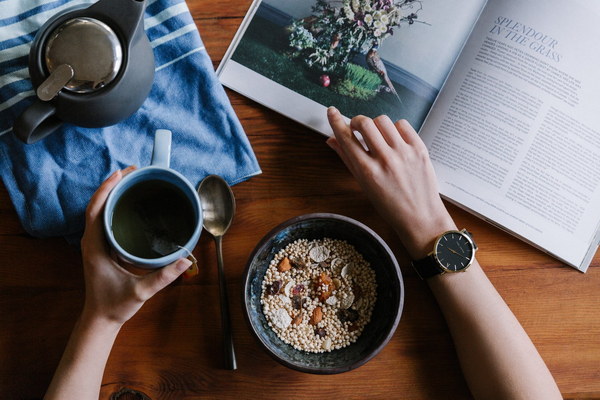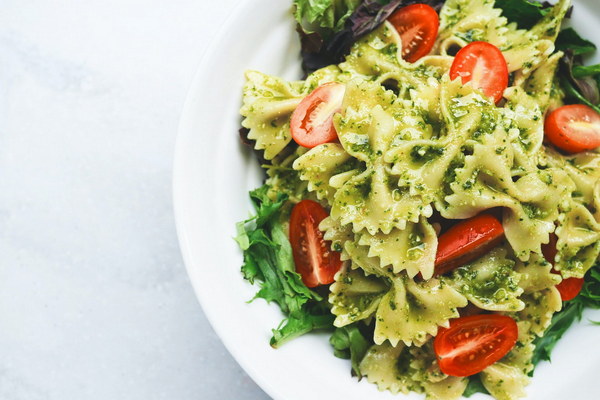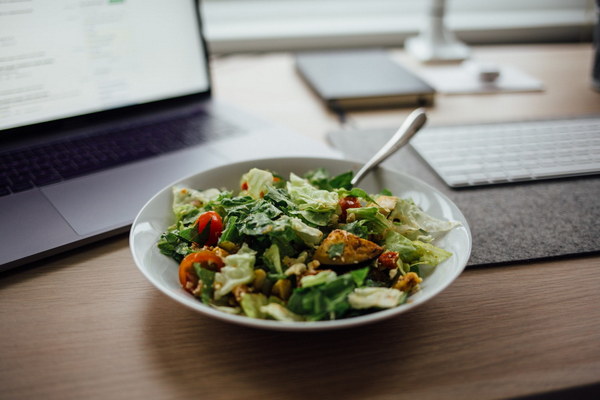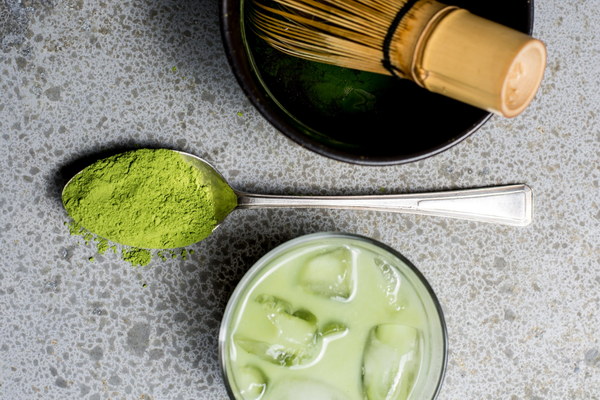Does Jujube Red Date Nourish the Spleen and Stomach A Comprehensive Look
In traditional Chinese medicine, jujube, also known as red date, holds a special place as a superfood that is believed to nourish the spleen and stomach. This ancient fruit has been used for thousands of years, and its health benefits are still being explored in modern times. But does jujube really have the power to support the spleen and stomach? Let's delve into the evidence and understand how this delightful fruit can contribute to our well-being.
Understanding the Spleen and Stomach in Chinese Medicine
According to Chinese medicine, the spleen and stomach are vital organs responsible for the transformation and transportation of nutrients within the body. The spleen is responsible for generating blood and controlling the immune system, while the stomach is in charge of breaking down food and absorbing nutrients. When these organs are functioning optimally, the body remains healthy and free from diseases.
The Nutritional Profile of Jujube
Jujube is an excellent source of various nutrients that can contribute to the health of the spleen and stomach. It is rich in vitamins, minerals, and antioxidants. Some of the key nutrients found in jujube include:
- Vitamin C: A powerful antioxidant that helps boost the immune system and promotes healthy digestion.
- Vitamin A: Essential for maintaining the health of the skin, eyes, and immune system.
- Vitamin B Complex: Important for energy production and the proper functioning of the nervous system.
- Calcium: Necessary for strong bones and teeth, as well as for nerve and muscle function.
- Iron: Crucial for the production of red blood cells and oxygen transport in the body.
Jujube's Health Benefits for the Spleen and Stomach
1. Boosts Digestion: The fiber content in jujube aids in digestion by promoting the movement of food through the gastrointestinal tract. This can help alleviate constipation and improve overall digestive health.
2. Strengthens the Immune System: The high vitamin C content in jujube helps to support the immune system, which is crucial for the spleen's role in blood production and immune function.

3. Promotes Blood Health: The iron in jujube can help maintain healthy blood levels, which is important for the spleen's role in blood production.
4. Relieves Stress: Jujube contains compounds that have a calming effect on the nervous system, which can help reduce stress and anxiety.
5. Improves Energy Levels: The vitamin B complex in jujube supports energy production, helping to keep the body active and healthy.
How to Incorporate Jujube into Your Diet
Jujube can be consumed in various forms, including fresh, dried, or in tea. Here are some ideas on how to include jujube in your diet:
- Fresh Jujube: Enjoy fresh jujube as a healthy snack or add them to salads and smoothies.
- Dried Jujube: Eat dried jujube as a nutritious snack or use them in recipes like jujube tea, jujube porridge, or jujube cookies.
- Jujube Tea: Brew a pot of jujube tea to enjoy its soothing properties and health benefits.
In conclusion, jujube is a valuable fruit that may indeed have the power to nourish the spleen and stomach. Its rich nutritional profile and health benefits make it an excellent addition to a balanced diet. While more research is needed to fully understand the extent of jujube's effects on the spleen and stomach, incorporating this delightful fruit into your diet is a positive step towards promoting overall well-being.









